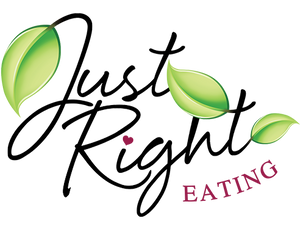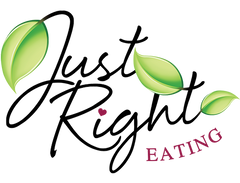Women, Alcohol and the Snack Attack
Ladies, ever had a case of the munchies after drinking a cocktail or a glass of wine? This "apéritif effect" is well known, but now science can explain it.
A new study measuring the brain's role in mediating caloric intake following alcohol consumption among women has found that alcohol exposure sensitizes the brain's response to food aromas. The research, led by William J. A. Eiler II, PhD, of the Indiana University School of Medicine's departments of medicine and neurology, showed that a higher food intake linked to alcohol does not rely entirely on the oral ingestion of alcohol and its absorption through the gut. The study was published in the July issue of the journal Obesity (2015; 23 [7], 1386-93).
"The brain, absent contributions from the gut, can play a vital role in regulating food intake. Our study found that alcohol exposure can both increase the brain's sensitivity to external food cues, like aromas, and result in greater food consumption," said Eiler. "Many alcoholic beverages already include empty calories, and when you combine those calories with the apéritif effect, it can lead to energy imbalance and possibly weight gain."
Researchers conducted the study in 35 non-vegetarian, nonsmoking women at a healthy weight. To test the direct effects of alcohol on the brain, the scientists circumvented the digestive system by exposing each participant to intravenously administered alcohol on one study visit and then to a placebo (saline) on another study visit, prior to eating. Participants were observed, and brain responses to food and nonfood aromas were measured using the blood oxygenation level dependent response via fMRI scans. After imaging, participants were offered a lunch of either pasta with Italian meat sauce or beef with noodles.
When participants received intravenous alcohol, they ate more food at lunch, on average, than when they were given the placebo. However, there were individual differences, with one-third of participants eating less after alcohol than after the placebo. In addition to changes in consumption, the hypothalamus—the area of the brain responsible for certain metabolic processes—responded more to food odors than to nonfood odors after alcohol infusion vs. saline. The researchers concluded that the hypothalamus may therefore play a role in mediating the impact of alcohol exposure on our sensitivity to food cues, contributing to the apéritif phenomenon.
Study authors called for further research into the mechanism by which the hypothalamus affects food reward.
A new study measuring the brain's role in mediating caloric intake following alcohol consumption among women has found that alcohol exposure sensitizes the brain's response to food aromas. The research, led by William J. A. Eiler II, PhD, of the Indiana University School of Medicine's departments of medicine and neurology, showed that a higher food intake linked to alcohol does not rely entirely on the oral ingestion of alcohol and its absorption through the gut. The study was published in the July issue of the journal Obesity (2015; 23 [7], 1386-93).
"The brain, absent contributions from the gut, can play a vital role in regulating food intake. Our study found that alcohol exposure can both increase the brain's sensitivity to external food cues, like aromas, and result in greater food consumption," said Eiler. "Many alcoholic beverages already include empty calories, and when you combine those calories with the apéritif effect, it can lead to energy imbalance and possibly weight gain."
Researchers conducted the study in 35 non-vegetarian, nonsmoking women at a healthy weight. To test the direct effects of alcohol on the brain, the scientists circumvented the digestive system by exposing each participant to intravenously administered alcohol on one study visit and then to a placebo (saline) on another study visit, prior to eating. Participants were observed, and brain responses to food and nonfood aromas were measured using the blood oxygenation level dependent response via fMRI scans. After imaging, participants were offered a lunch of either pasta with Italian meat sauce or beef with noodles.
When participants received intravenous alcohol, they ate more food at lunch, on average, than when they were given the placebo. However, there were individual differences, with one-third of participants eating less after alcohol than after the placebo. In addition to changes in consumption, the hypothalamus—the area of the brain responsible for certain metabolic processes—responded more to food odors than to nonfood odors after alcohol infusion vs. saline. The researchers concluded that the hypothalamus may therefore play a role in mediating the impact of alcohol exposure on our sensitivity to food cues, contributing to the apéritif phenomenon.
Study authors called for further research into the mechanism by which the hypothalamus affects food reward.



